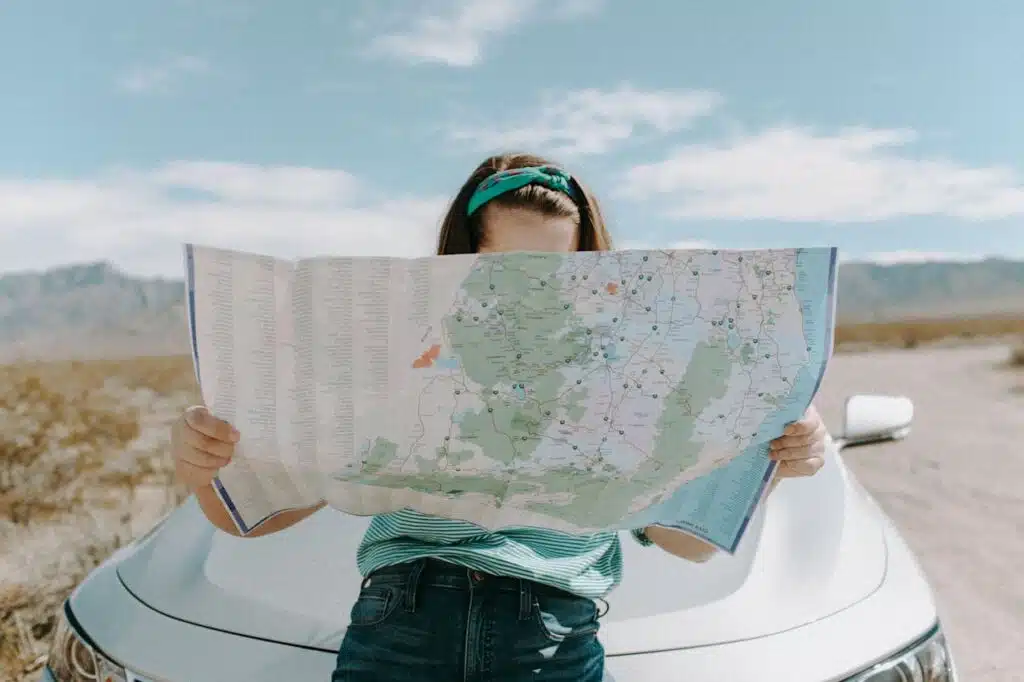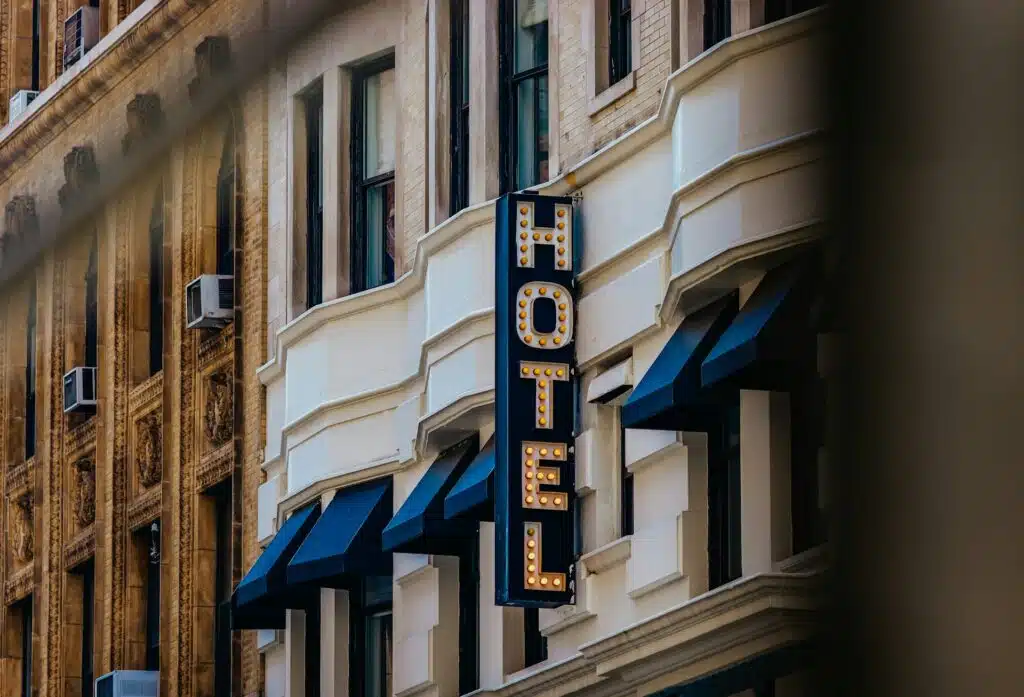Traveling alone can be one of the most rewarding and transformative experiences you ever have. It allows you to connect more deeply with the places you visit, discover what truly inspires you, and embrace independence like never before. But solo travel also comes with added responsibilities, especially when it comes to your personal safety. With no travel buddy to rely on, it’s important to think ahead, be proactive, and make informed decisions throughout your journey.
Whether you’re taking your first solo trip or you’re a seasoned solo explorer, here are five essential tips to stay safe while still enjoying every moment.
1. Invest in Travel Insurance – and Know What It Covers
Let’s start with one of the most practical but often overlooked tips: get travel insurance. It might seem like an optional expense when you’re trying to keep your budget lean, but when you’re traveling solo, you’re your own safety net. A comprehensive travel insurance policy can cover a wide range of unexpected events – medical emergencies, flight cancellations, lost or stolen belongings, and even emergency evacuations.
The key is not just to buy insurance, but to understand your policy. Make sure it includes emergency medical coverage (including COVID-related issues), repatriation, and theft or damage of personal items. Some policies also include 24/7 travel assistance, which can be incredibly valuable if you get sick in a foreign country or lose important documents. You might never need to use it, but travel insurance gives you the confidence and backup plan every solo traveler needs.
2. Choose Safe and Well-Located Accommodations
Your lodging can make or break your sense of security when traveling solo. While budget is always a factor, don’t compromise safety to save a few dollars. Look for accommodations that have strong online reviews, especially from other solo travelers. Pay close attention to mentions of the surrounding area. Places with well-lit streets, easy access to public transit, and friendly, responsive staff are always a plus.
Hostels can be great for meeting people, but if you’re staying in shared rooms, consider options with lockers and good security measures. If you prefer hotels or Airbnb-style rentals, verify the listing and communicate clearly with hosts. When you arrive, take note of emergency exits, locks, and neighborhood activity. Feeling comfortable and secure in your accommodation lets you rest better, and helps you enjoy your trip more fully.
3. Stay Aware, Alert, and In Control of Your Surroundings
One of the best habits you can build as a solo traveler is being alert. You don’t have to walk around with suspicion, but you do need to stay present and aware. Avoid walking around with noise-canceling headphones or staring at your phone in unfamiliar areas. Trust your gut and if a situation feels off, leave.
Avoid disclosing too much personal information, especially to strangers or people you’ve just met. Saying you’re traveling alone can make you vulnerable, so it’s fine to tell a white lie and say you’re meeting friends or have a companion waiting. Stay sober enough to stay in control, particularly in unfamiliar settings or at night. Know your limits, and always have a plan to get back to your accommodation safely.
4. Keep Your Loved Ones in the Loop
Even though you’re flying solo, you should never be completely off the grid. Keep someone back home updated on your whereabouts. Share your travel itinerary, let them know where you’re staying, and check in regularly. If your plans change, give them a quick update via text or email.
Technology makes this easier than ever. Use location-sharing apps, or send a daily check-in message just to let someone know you’re safe. Keep digital and paper copies of your important documents in separate locations. This includes your passport, travel insurance info, emergency contacts, and credit cards. Being organized helps you stay calm and act quickly if something goes wrong.
5. Pack and Plan for Safety and Confidence
What you pack can also contribute to your personal safety. Choose anti-theft bags with hidden zippers, and consider wearing a money belt or using a discreet neck pouch for valuables. Bring a small flashlight or make sure your phone’s flashlight is easy to access. Simple additions like a doorstop alarm or portable lock can offer peace of mind in hotel rooms or hostels. For those interested in self-reliance or preparedness, a complete beginner lock pick set can be a practical tool, useful in emergency scenarios like accidentally locking yourself out of your accommodation (where it’s legal to carry and use, of course).
Map out your routes in advance and download offline maps in case you lose Wi-Fi or data. Learn a few basic phrases if you’re in a country with a different language. And if you’re planning outdoor adventures like hiking or cycling, always let someone know your plans and expected return time.
Confidence plays a big role in safety. Walk with purpose, know your options, and prepare yourself for situations before they happen. The more prepared you are, the more freely you can enjoy your trip.



0 Comments